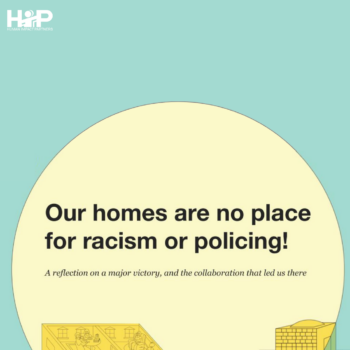| By Jonathan Heller |
Let’s not sit on the sidelines.
With those words Dr. Mary Bassett, health commissioner of New York City, in a Perspective for The New England Journal of Medicine clearly and boldly declares that health professionals are accountable for fighting interpersonal and institutional racism, because of the undeniable truth that racism contributes to poor health outcomes.
In “#BlackLivesMatter: A Challenge to the Medical and Public Health Communities,” Dr. Bassett acknowledges that “tackling racism is daunting” and for many in the health community “often viewed as divisive and requiring action outside our purview.” She calls out the “dearth of critical thinking and writing on racism and health in mainstream medical journals,” pointing out that over the last decade only 14 articles in NEJM even contained the word racism. And she lists three ways we can – and should – make a difference:
- Research: “By studying ways in which racial inequality, alone and in combination with other forms of social inequality (such as those based on class, gender, or sexual preference), harms health, researchers can spur discussions about responsibility and accountability. Who is responsible for poor health outcomes, and how can we change those outcomes?”
- Internal reform: “Our target ‘high-risk’ communities, often communities of color, have assets and knowledge; by heeding their beliefs and perspectives and hiring staff from within those communities, we can be more confident that we are promoting the right policies.”
- Advocacy: “Some [health professionals] may choose to participate in peaceful demonstrations; some may write editorials or lead ‘teach-ins’; others may engage their representatives to demand change in law, policy, and practice.”
Right on! These actions align completely with HIP’s new strategic direction – research, advocacy, and capacity building to bring the power of public health science to campaigns and movements for a just society. They also align with the work members of our Public Health and Equity Cohort are doing to advance racial and other forms of equity in their health agencies and communities, with an inside-outside strategy for change. And they reflect the way we do our work at HIP and what we advocate that other health professionals should do in their work.
Dr. Bassett is right. Addressing structural racism is hard. But we can’t sit this struggle out. Let’s remember why we’re in this: to improve health and reduce health inequities. We can’t back off when that means we must confront racism.




